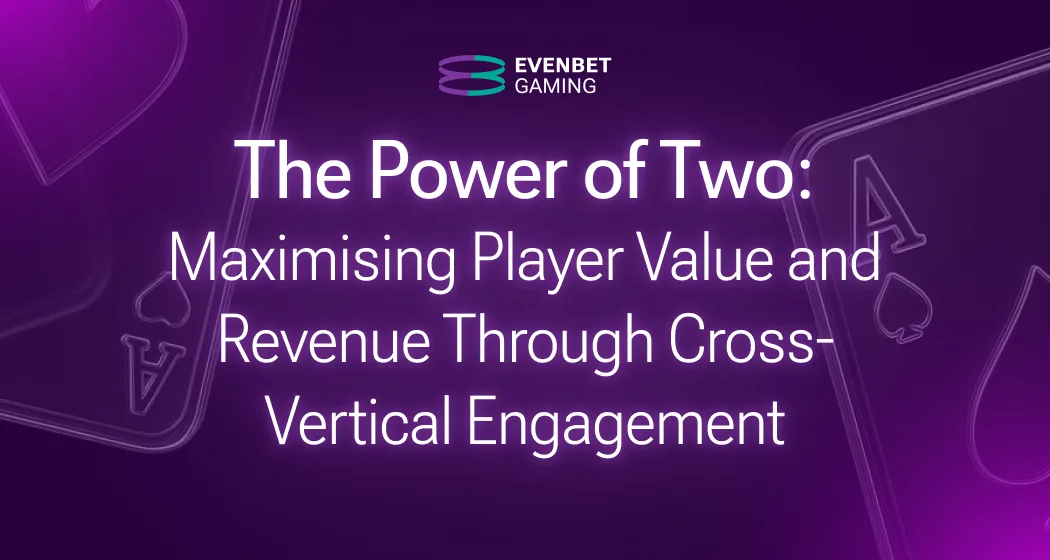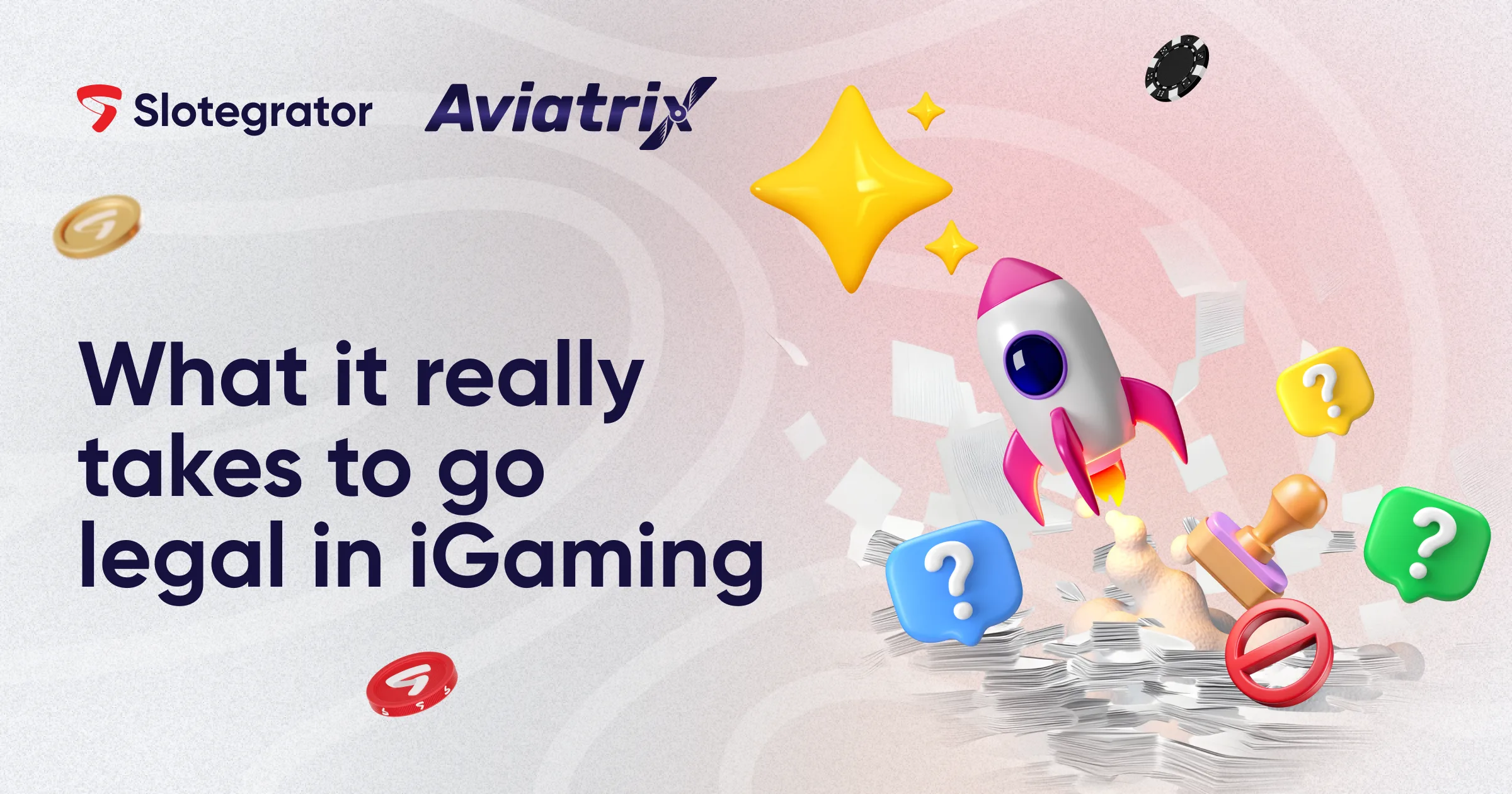The debate surrounding blockchain technology remains as intense as ever. Originally introduced as the backbone of cryptocurrency, blockchain has sparked controversy across both the gambling industry and the broader financial markets. For years, it has been viewed as a tool for bypassing regulatory oversight and as a platform for illicit activities. However, could its decentralized and transparent nature revolutionize gambling, fulfilling its promises of fairness and security?
Why is Blockchain So Popular Today?
Several factors have contributed to the rise of blockchain. The increasing mainstream adoption of cryptocurrencies has played a significant role, with high-profile endorsements and broader public awareness driving interest. Unlike a few years ago, discussions about cryptocurrency and blockchain technology have become commonplace, reflecting their shift into the mainstream.
Moreover, blockchain technology has significantly evolved, offering enhanced security, transparency, and efficiency. The decentralized nature of blockchain eliminates the need for intermediaries, allowing for faster and more secure transactions. As a result, many industries, including gambling, have begun exploring its potential applications.
The Appeal of Blockchain in Gambling
The gambling industry is increasingly recognizing the potential of blockchain for several reasons. First and foremost, blockchain enhances transparency and fairness. Players can verify game outcomes and ensure that they are not being manipulated, fostering trust between operators and users.
Another major advantage is the elimination of centralized servers. This removes certain regulatory hurdles and enables peer-to-peer transactions, making compliance with existing laws more straightforward. Players engaging in blockchain-based gambling can do so without relying on a third party to manage their funds, reducing risks associated with fraud or financial mismanagement.
Additionally, smart contracts—self-executing agreements stored on the blockchain—offer enhanced security and reliability. Unlike traditional online casinos that require players to deposit funds, blockchain-based platforms enable direct transactions between users, ensuring that winnings are distributed fairly and instantly. This eliminates the risk of funds being mishandled by the casino itself.
Enhancing Security and Preventing Money Laundering
Blockchain provides a fraud-resistant payment system. Cryptocurrency transactions are irreversible, eliminating risks such as chargebacks and credit card fraud. This enhances security and reduces transaction costs, making it an attractive alternative for online gambling.
Regarding anti-money laundering (AML) measures, blockchain’s transparent nature allows for full traceability of funds. Every transaction is recorded on a public ledger, making illicit financial activities significantly harder to conceal. In contrast to traditional payment methods, which can be exploited for laundering money, blockchain ensures that funds can be traced back to their origin, increasing accountability.
However, certain gambling formats, such as peer-to-peer poker, present a greater risk for money laundering due to the direct exchange of funds between players. Nevertheless, blockchain’s immutable record-keeping enables law enforcement and regulators to track suspicious activities more effectively.
Privacy vs. Anonymity in Blockchain Gambling
One of the key differences between blockchain gambling and traditional online gambling is the level of privacy it offers. Unlike credit card-based gambling, where personal information is required, blockchain transactions do not necessarily demand identity disclosure. While this raises concerns about underage gambling and compliance with know-your-customer (KYC) regulations, new identity verification solutions are emerging to address these challenges.
Blockchain-based identity verification systems allow users to prove their identity without compromising sensitive personal data. These solutions, expected to become more widely adopted in the near future, will enable casinos to verify players’ ages and identities while preserving their privacy.
The Role of Stablecoins in Gambling
Price volatility has been one of the main barriers to cryptocurrency adoption in gambling. However, the rise of stablecoins—cryptocurrencies pegged to traditional assets like the US dollar—offers a solution. These digital assets maintain a stable value, making them more suitable for everyday transactions, including gambling. Smart contract-based mechanisms are also being developed to further stabilize cryptocurrency prices, ensuring a seamless gaming experience.
Can Blockchain Benefit Traditional Gambling?
While blockchain gambling is gaining traction, its integration into traditional gambling operations remains a work in progress. The most immediate applications of blockchain in conventional casinos are in payment processing and loyalty programs. Blockchain-based loyalty systems could enhance transparency by allowing players to track their rewards and transactions in a verifiable way.
Additionally, blockchain can be used to record gaming activity, providing a clear and tamper-proof record of player transactions. This could help operators ensure compliance with regulations while offering players a fair and accountable gaming experience.
Regulatory Challenges and the Future of Blockchain Gambling
Despite its potential, blockchain gambling still faces regulatory hurdles. Governments and regulatory bodies have been slow to adapt to the rapid advancements in blockchain technology. However, as its adoption grows, regulatory frameworks are expected to evolve accordingly.
Authorities are likely to introduce more stringent regulations in the coming years, particularly concerning identity verification, anti-money laundering measures, and consumer protection. The challenge lies in striking a balance between innovation and compliance while maintaining the integrity of financial systems.
The Future of Cryptocurrency in Gambling
Cryptocurrency adoption in gambling is still in its early stages, with only a small percentage of the global population using digital currencies for betting. However, as blockchain technology continues to mature, its benefits will become increasingly evident, driving broader acceptance.
A key factor in mainstream adoption will be the development of user-friendly platforms and improved regulatory clarity. Many individuals remain hesitant to use cryptocurrency due to concerns about security and price volatility. However, advancements in blockchain technology, including stablecoins and enhanced security measures, are addressing these concerns.
Will There Ever Be a Universal Cryptocurrency?
It is unlikely that a single cryptocurrency will dominate the global financial landscape. Instead, a diverse ecosystem of digital assets is expected to coexist, much like the evolution of the internet. While early adopters of blockchain technology were primarily drawn to its decentralized nature, future developments may see governments issuing their own digital currencies.
Central bank digital currencies (CBDCs) are already being explored by several nations, and it is plausible that major global currencies will eventually exist solely in digital form. While traditional banks are unlikely to disappear entirely, financial systems will continue to evolve, incorporating blockchain technology to enhance security, efficiency, and accessibility.
Conclusion
Blockchain technology is reshaping the gambling industry by introducing transparency, security, and efficiency. While regulatory challenges remain, its adoption is steadily increasing, driven by the need for fairer and more reliable gaming experiences. As blockchain continues to evolve, it is poised to play a significant role in the future of both digital and traditional gambling, offering a decentralized alternative to conventional financial systems.
Read more: Cash advance at casino with debit card











